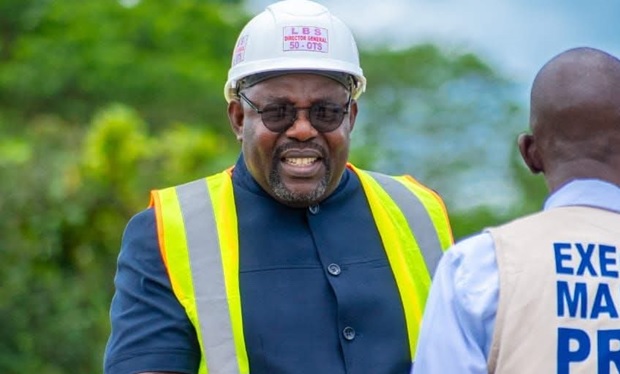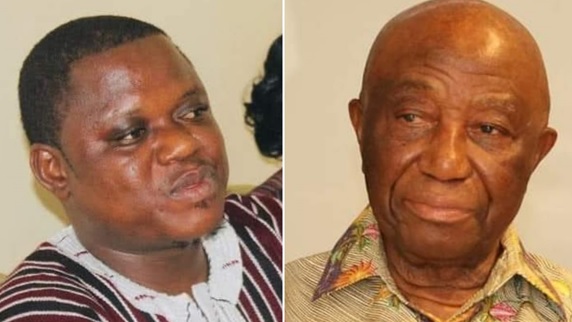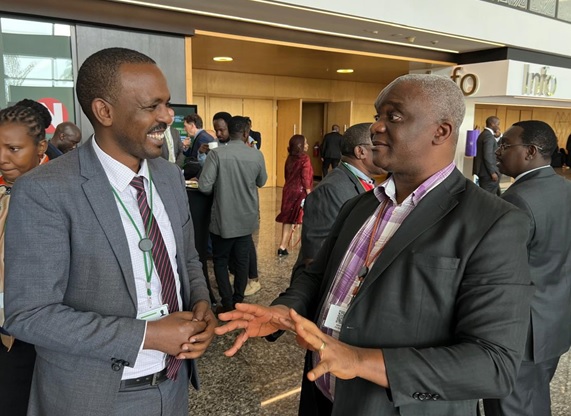MONROVIA, LIBERIA – The Liberia Broadcasting System (LBS) has come under scrutiny for what critics describe as a “junta-style” leadership under its Director-General, Eugene L. Fahngon. Operating with sweeping authority granted by the revised Human Resource Manual of 2017, Fahngon’s management style and decisions have triggered intense debate over media freedom and governance at the state-owned broadcaster.
The 2017 manual grants the Director-General broad powers, enabling control over LBS’s financial, operational, and intellectual assets. These include the ability to collect and compromise obligations, liquidate assets, manage legal and equitable rights, and acquire or dispose of property, patents, trademarks, and machinery. Fahngon’s authority even extends to budgetary independence for the Liberia Rural Communications Network (LRCN), solidifying LBS’s dominance across rural Liberia.
Though Fahngon was not in charge of LBS when the manual was revised, critics, including opposition figures, argue that he is exploiting these provisions to mistreat employees and tighten his control over the institution. This has raised concerns about transparency and inclusivity within the organization.
In May 2024, Fahngon proposed limiting LBS’s platform to government-related matters, a move viewed by many as an attempt to suppress opposition voices. President Joseph Boakai rejected the proposal during a government retreat, emphasizing that LBS must remain a platform for all Liberians. The president’s decision was widely applauded, with political commentators noting that it helped safeguard freedom of expression and media inclusivity.
Fahngon, known for his combative style, has a contentious history with the media. A former Deputy Minister for Press and Public Affairs under the Coalition for Democratic Change (CDC), he faced numerous disputes with journalists and media institutions. His appointment as LBS Director-General was largely attributed to his loyalty to Boakai during the 2023 presidential elections, fueling concerns about the politicization of the state broadcaster.
Adding to the controversies, Fahngon is locked in a public dispute with his predecessor, Estella Liberty Kemoh, accusing her of mismanagement and fund misappropriation during her tenure. Kemoh has denied the allegations, filing a formal complaint with Information Minister Jerolinmek Matthew Piah.
Critics fear that Fahngon’s extensive powers could transform LBS into a centralized tool for state propaganda, undermining its role as a democratic institution. The Director-General’s authority is bolstered by his appointment by the president, with advice and consent from the People’s Redemption Council (PRC), and his oversight of the organization’s radio, television, and rural communication sectors.
President Boakai’s rejection of Fahngon’s proposal to exclude opposition voices has been seen as a positive step toward preserving media inclusivity. However, the debate over Fahngon’s leadership and his alleged use of the revised manual to impose harsh measures on employees highlights broader concerns about governance and media independence.







